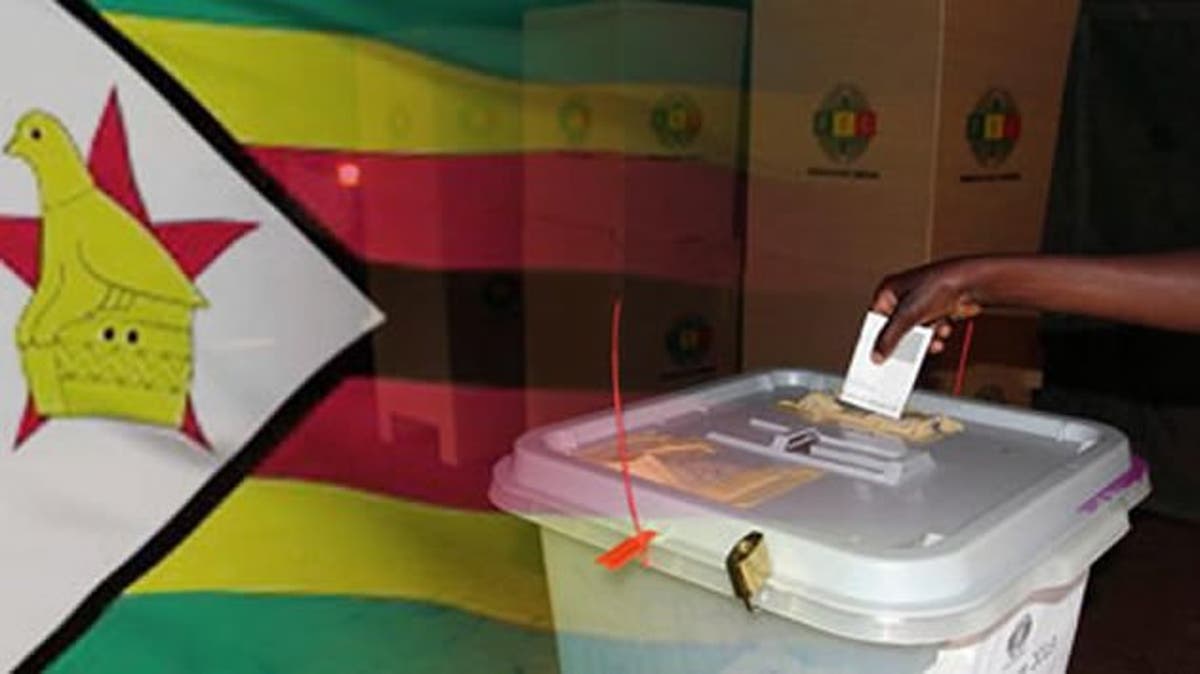The Zimbabwe Election Support Network (Zesn) reiterates its position that there is need for the Zimbabwe Electoral Commission (Zec) to widely engage with Civic Society Organisations (CSOs) on electoral issues.
Zesn stated in its 2018 Compendium of Election Observers’ Recommendations that there was need to engage CSOs as they play a critical role in ensuring a credible election.
“Their contribution to promoting a culture of democratic governance in Zimbabwe is historical.
“The Group encourages the Zec to provide these organisations with greater access to electoral information to enable them to fully perform their functions (COG),” Zesn stated.
Zesn was of the view that Zec should offer effective information on all steps of the electoral preparations with full transparency, making all information of public interest immediately and easily accessible, including resolutions and complete and timely publication of polling station results.
“Provide data on participation of marginalized groups in electoral processes.
“To increase participation by marginalized populations and to address barriers to electoral participation, the Zec should systematically collect and publicly release data on the participation of men, women, youth, and disabled voters in the electoral process including voters, candidates, poll workers, observers, and party agents.
“Zec should publish audit reports on expenditure on elections administration.
“Where extra polling stations are added towards an election, ZEC should widely publicise them,” Zesn added,
Zesn implored Zec to allow for access to Information and transparency on election administration.
Moreover, Zesn added that Zec should provide information on all stages of the electoral process in an easily-accessible form, including:
• ZEC Resolutions;
• Data on the process of removing duplicates from the Voters Roll.
• All Polling Station results in a tabulated format, including the original V11 and V23a/b
• Parties’ and candidates’ asset statements and financial reports on their election income and spending.
• Data on participation of marginalized groups (women, youth, PWD) in electoral processes (as candidates, registered voters, voters, polling officials, party agents and observers);
• Audit reports on ZEC expenditure; Details of all Polling Stations, including those added close to the election.
Zesn also reiterates that there is need for consultation and engagement.
“Zec should foster dialogue and consultation with stakeholders to enhance confidence in the electoral process.
“Dialogues and engagements between Zec and political parties, CSOs and FBOs should continue and become more commonplace without – anger, wrath, malice, slander, and abusive speech.
“To promote transparency and a level playing field, the ZEC should consider adopting a more communicative and collaborative approach with the various election stakeholders.
“Opportunities and aspects of the electoral process that do not contravene the legal framework, such as stakeholder comments on the design of ballot papers prior to printing, should be seen as a constructive and positive means for engagement,” the Zesn report stated.
Zesn also states that Zec should engage stakeholders at every relevant stage of the electoral process in order to build confidence and a sense of ownership amongst key stakeholders and the general public.




